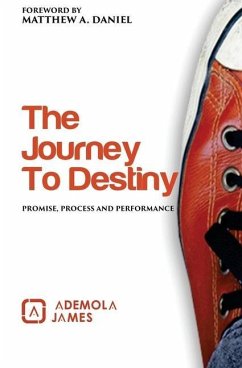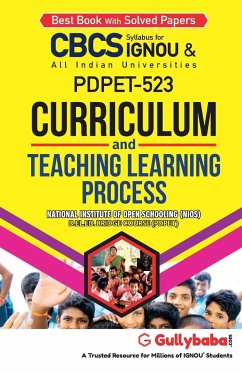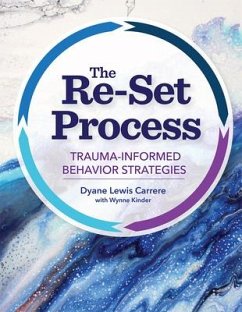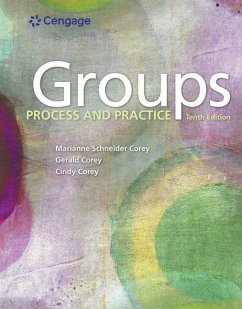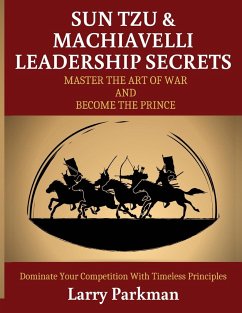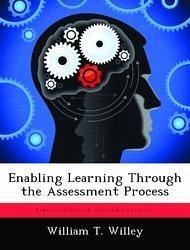
Enabling Learning Through the Assessment Process
Versandkostenfrei!
Versandfertig in über 4 Wochen
15,99 €
inkl. MwSt.

PAYBACK Punkte
8 °P sammeln!
The problem facing practitioners of emerging Army doctrine is how to expand the use of assessments beyond detailed planning to support conceptual planning during design. This raises the question, will the use of assessments enable the commander to use design throughout the operations process? Based on emerging Army doctrine, no gap exists between design, assessments, and the operations process. However, using assessments to support design may fail if commanders and their staffs do not expand the use of assessments beyond detailed planning. This study focuses on three areas: design, assessments...
The problem facing practitioners of emerging Army doctrine is how to expand the use of assessments beyond detailed planning to support conceptual planning during design. This raises the question, will the use of assessments enable the commander to use design throughout the operations process? Based on emerging Army doctrine, no gap exists between design, assessments, and the operations process. However, using assessments to support design may fail if commanders and their staffs do not expand the use of assessments beyond detailed planning. This study focuses on three areas: design, assessments, and reframing criteria. This study assesses the linkage between assessment and design based on enabling reflection in action, expanding the narrative and supporting discourse. This study shows that employing the methodology of design is required to understand ill-structured problems and that inclusion of collaboration and dialogue during assessments suggests when to reframe. Furthermore, incorporating the environmental and problem narratives during collaboration and dialogue enables the hypotheses testing required to continue to apply the design methodology during execution. The conclusion demonstrates that emerging doctrine provides sufficient tools for commanders and their staffs to remain innovative, adaptable, and execute continual learning. This study recommends that the Army incorporate more training on collaboration and dialogue during professional military education, and conduct future research on the application of emerging doctrine in current operations. This work has been selected by scholars as being culturally important, and is part of the knowledge base of civilization as we know it. This work was reproduced from the original artifact, and remains as true to the original work as possible. Therefore, you will see the original copyright references, library stamps (as most of these works have been housed in our most important libraries around the world), and other notations in the work. This work is in the public domain in the United States of America, and possibly other nations. Within the United States, you may freely copy and distribute this work, as no entity (individual or corporate) has a copyright on the body of the work. As a reproduction of a historical artifact, this work may contain missing or blurred pages, poor pictures, errant marks, etc. Scholars believe, and we concur, that this work is important enough to be preserved, reproduced, and made generally available to the public. We appreciate your support of the preservation process, and thank you for being an important part of keeping this knowledge alive and relevant.




